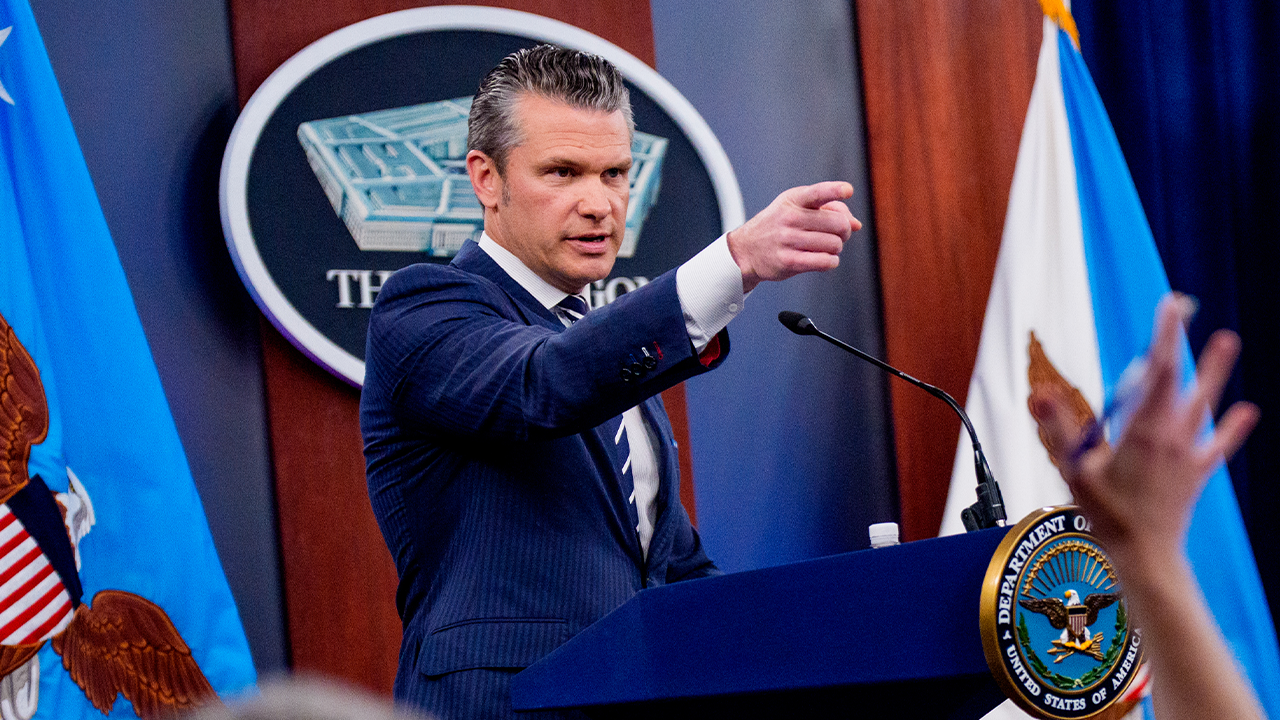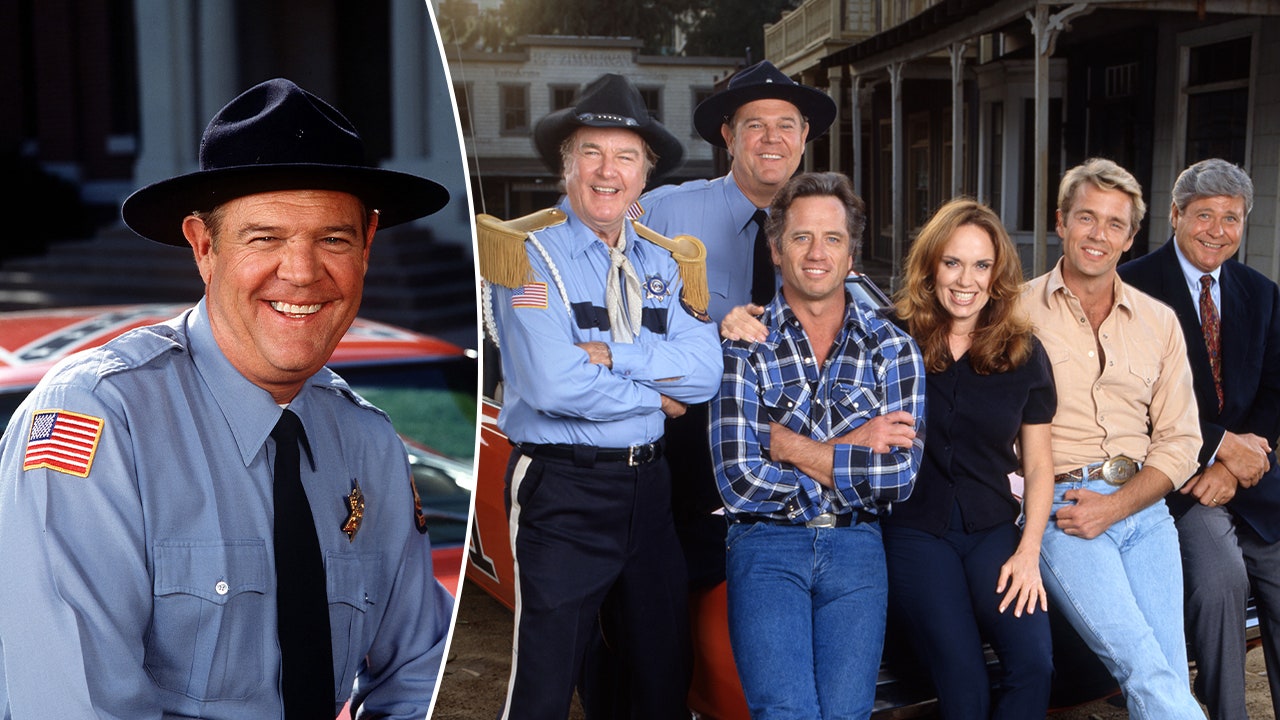EDITORIAL: A 70-year reckoning: The Freedom Charter’s unfinished business
The people demand that you should know “people love sex”.
The people demand that you should know “God sees you”.
The people demand that you should know “I love you”.
The people demand that you should know “Apen was here 2023 14 October”.
The people demand that you should know “Goth J.K.M”.
The people demand that you should know “Cliche 4 Hope 4 Shaky 4 Khusi”.
The people demand that you should know “Tseke Trouble”.
The people demand that you should know “GBV”.
The people demand that you should know “Delete Corruption”.
These 10 demands were collected at Walter Sisulu Square. Written on the walls of concrete and doorless frames, within a dilapidated and vandalised three-story, multi-purpose hall.
This is but a sample of what the people demand.
These demands overlook the square that cost R160 million to build. And, in four years, most of that has been squandered as you trudge through the rubble, glass, dirt and water to enjoy this National Heritage Site.
Below the demands of the people in 2025, are the demands of the people in South Africa 70 years ago in 1955.
They are engraved into slabs of metal.
In Kliptown, South Africans of all races adopted the Freedom Charter – the spine that broke the apartheid camel’s back: “We, the People of South Africa, declare for all our country and the world to know:
The People Shall Govern!
All National Groups Shall Have Equal Rights!
The People Shall Share in the Country’s Wealth!
The Land Shall Be Shared Among Those Who Work It!
All Shall Be Equal Before the Law!
All Shall Enjoy Equal Human Rights!
There Shall Be Work and Security!
The Doors of Learning and Culture Shall Be Opened!
There Shall Be Houses, Security, and Comfort!
There Shall Be Peace and Friendship!
The charter of free people, 70 years later, looks very different.
In this week’s Friday Briefing, we take a poignant journey back to that momentous day seven decades ago, sharing the reflections of three individuals who were present at the historic event. At the time, they hadn’t realised how profoundly significant it would become.
Additionally, we delve into the debated preamble of the Freedom Charter, which declares, ‘South Africa belongs to all who live in it,’ along with analysis from UJ’s Professor Mcebisi Ndletyana on what a new social contract for the country would look like.
Finally, we turn our attention to Kliptown Square, the historic site where the Charter was signed. Today, it stands as a faint echo of its once profound legacy.
We hope these contributions which you can read below provide you with a deeper understanding of the significance of that day and why its message continues to hold value even now.

Robben Island Museum Archives/Supplied by The Albie Collection
The search for freedom through the eyes of the Charterists
Only a handful of living witnesses remain from the historic Congress of the People, where the Freedom Charter was signed 70 years ago. We spoke to three Charterists about the dreams sown in 1955 and what has become of them today.
Read the rest of the article here.

A template for the demands that people wanted to include in the Freedom Charter.
From the book: 30 years of the Freedom Charter by Raymond Suttner and Jeremy Cronin.
Belonging or betrayal? The controversial line of the Freedom Charter still resonates 70 years later
Seventy years after the Freedom Charter was adopted, the statement “South Africa belongs to all who live in it” is both a rallying cry and a source of fierce debate.
Read the rest of the article here.

70 Years of the Freedom Charter: Renewing its vision for SA
Mcebisi Ndletyana reflects on what challenges were in place when the Freedom Charter was adopted and what would be needed for a renewed social contract to have any prospects 70 years after the signing of the Charter.
Read the rest of the contribution here.

Gallo Images/Luba Lesolle
From hope to helplessness: How government has failed Kliptown’s Charter square and its people
Once hailed as a monument to freedom and progress, Kliptown’s Charter Square has become a stark showcase of neglect and failed political commitments, writes Muhammad Hussain.
Read the rest of the article here.

.png)
 German (DE)
German (DE)  English (US)
English (US)  Spanish (ES)
Spanish (ES)  French (FR)
French (FR)  Hindi (IN)
Hindi (IN)  Italian (IT)
Italian (IT)  Russian (RU)
Russian (RU) 








Comments